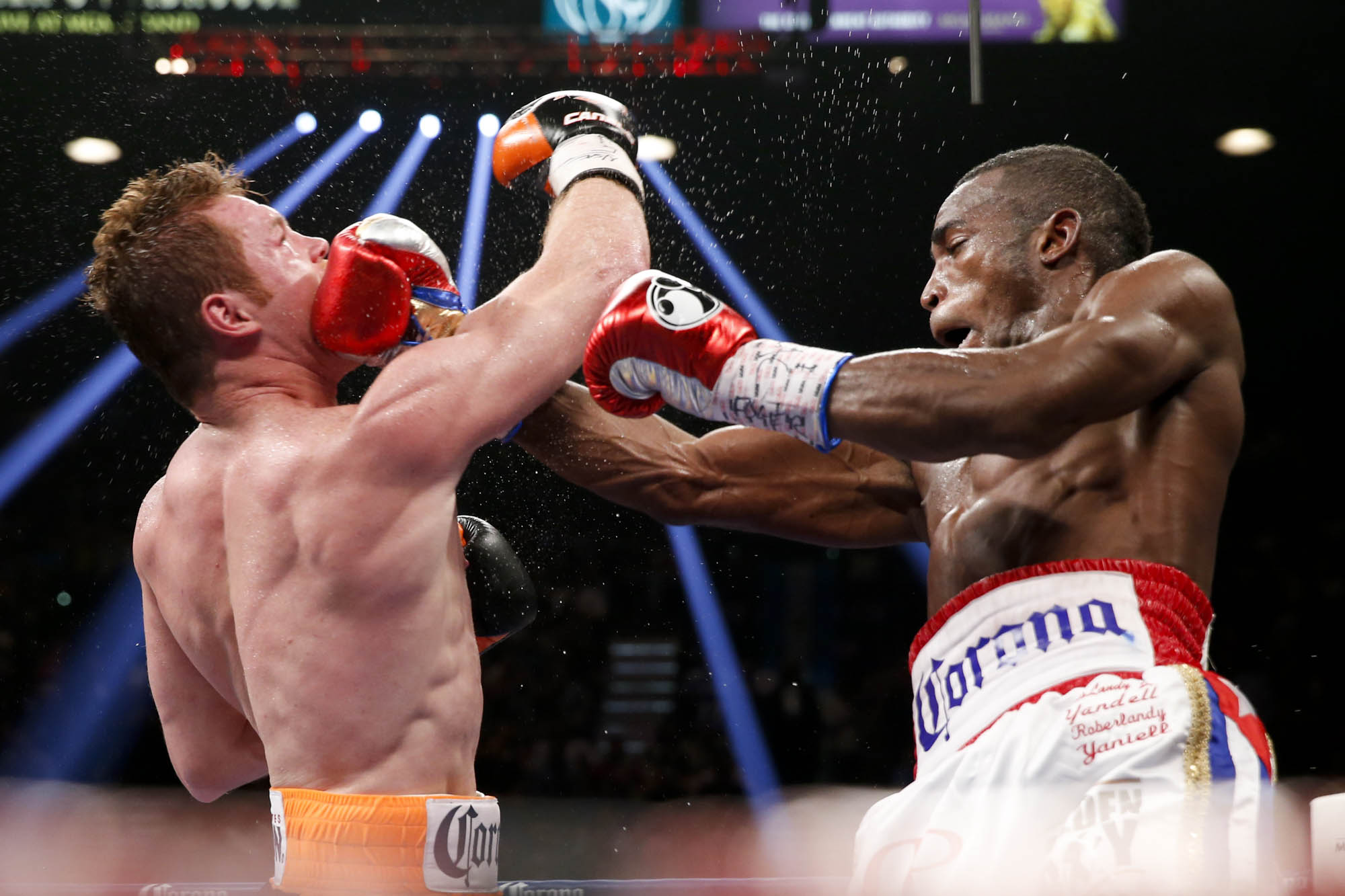This weekend’s Saul Alvarez vs. Erilandry Lara fight was mercifully free of major controversy. Although the fight was a close one, most observers agree that the nod went to the right man, Canelo. In broad terms, the Split Decision ruling sounds spot on.
But note my use of words like “major controversy” and “broad terms.” A closer examination of what happened with Saturday’s main event reveals Levi Martinez’s score of 117-111 sticking out like a sore thumb. The only reason this incredibly skewed result isn’t an outrage is that a skewed score from one of the judges is now a commonplace event at even the biggest and most important boxing events.
Having a judge hand in a card that says a fighter is ahead by six rounds when everyone else on the planet is arguing about who won by a single round is completely ordinary, which is a sad testament to the reliability of professional judging in boxing.
Boxing judging is a subjective business, of course, but both this instance and how unremarkable it is are ridiculous. I therefore wish to take this occasion to make a modest proposal to world sanctioning organizations: make judges more accountable.
Here is an idea for a system to go about doing that:
Step 1: Track Strange Scorecards
Keep an eye on fight results and take note whenever a judge hands in a card that deviates from what the other two judges said by a large margin, say five or more points. Whenever a particular judge accumulates a record for making such strange calls, perhaps four in two years, it should trigger an automatic review of the judge’s record, focusing on those fights where he handed in the offending scorecards.
Step 2: Form A Proper Review Panel
The review panel should consist of retired — emphasis on retired — judges, referees, trainers and boxers. They need to be retired so as to avoid any future conflict of interest, so sitting on the review panel should constitute a statement that said individual will never work in any other official capacity in professional boxing again.
Furthermore, I think all major participants as to what goes on in the boxing ring should be represented, to provide a wide range of relevant views. An example of such a panel might seat nine people, with at least one from each category.
Step 3: The Buck Stops With The Boss
If the review panel finds cause to think the judge might be systematically in error, it refers the case to the chief executive of the sanctioning body, who then must either suspend the judge for retraining or investigation, or issue a written statement explaining why said action wasn’t taken.
This system would be inexpensive to implement, and would restore credibility and accountability to the system by putting a process in place that ensures the inspection of suspect judging. Anything is better than the present system, which only examines judging in the wake of a major scandal, undermining the sport and resulting in little action ever being taken to prevent future errors.











